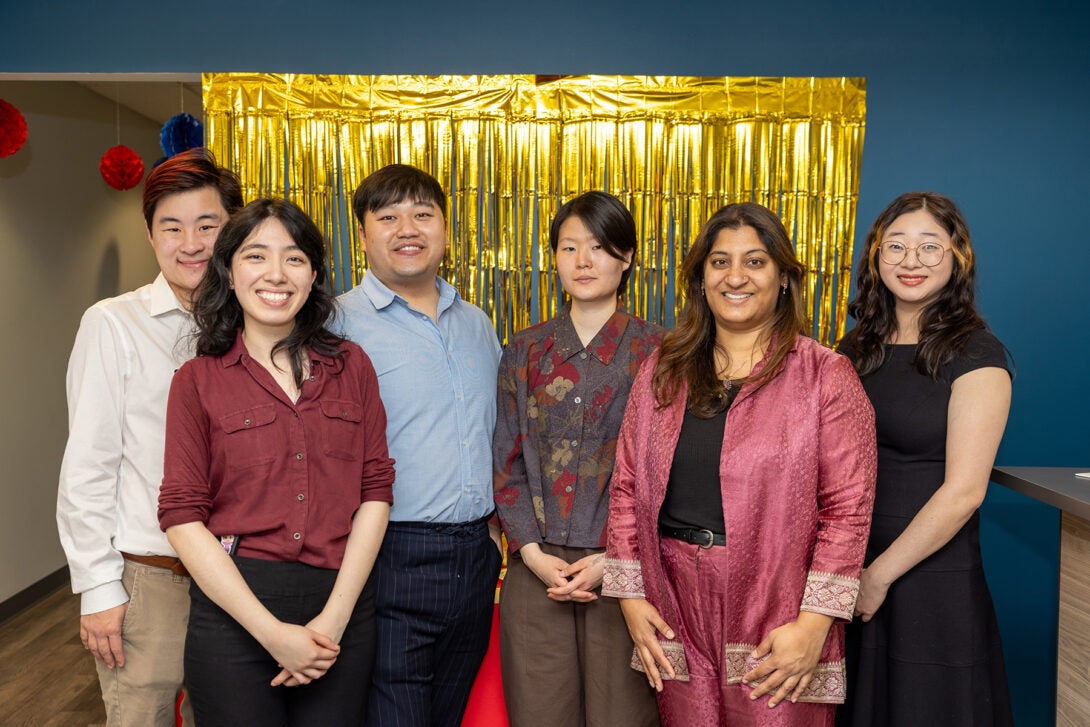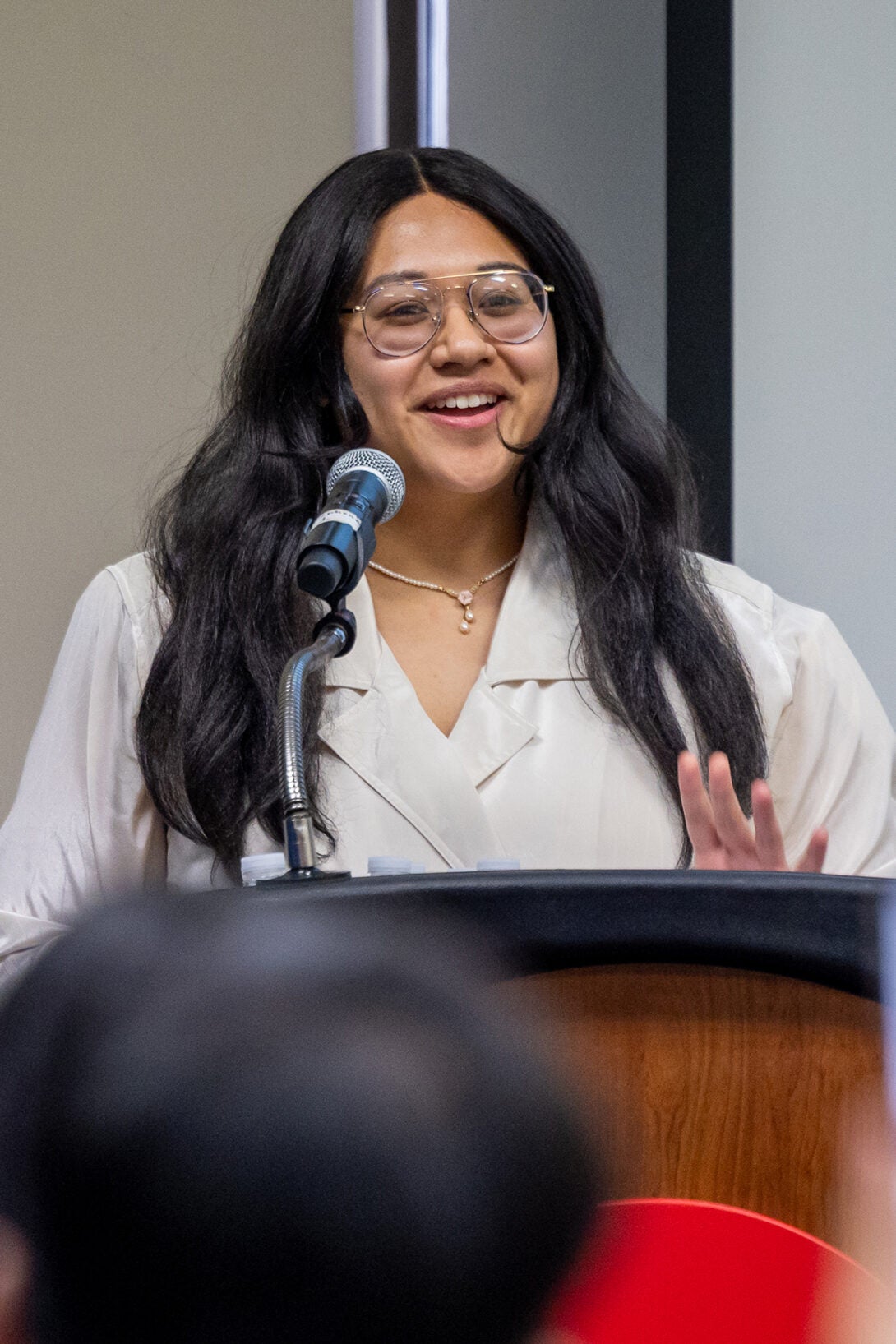Asian American Student Academic Program opens office
x

Fourteen years ago, UIC made history as the first Midwestern institution to be funded as an AANAPISI institution. The newly formed Asian American Student Academic Program will continue to build on the promise of this designation, which supports the recruitment, retention and graduation of Asian American and Pacific Islander students at UIC.
As the inaugural director of the Asian American Student Academic Program, Viraj Patel said the program’s mission is to advance UIC’s commitment to diversity, equity and inclusion.
“We are thrilled to open the doors to the Asian American Student Academic Program, nearly 30 years after students started to organize for equitable campus resources,” Patel said. “We will advance student success with heart and unwavering commitment to building communities and opportunities.”
An opening reception recently was held in the program’s offices in Room 2720 Student Services Building, 1200 W. Harrison St. The offices will be open from 9 a.m. to 5 p.m. Monday through Friday.
The program will provide students with academic support initiatives, collaboration, one-on-one academic advising and direct support for the Asian American student population at UIC.
The program falls under the Office of Student Success and Belonging, led by Aisha El-Amin, executive associate vice provost for student success and belonging. The initiative helps to fulfill the office’s mission, which is to “cultivate an inclusive culture and provide opportunities for students of all backgrounds to thrive at UIC,” El-Amin said.
“The work has come out of so many years of folks working at UIC to make sure our Asian American students have a space where they can feel a sense of belonging,” El-Amin said. “The Asian American Student Academic Program is part of that family and part of UIC’s legacy and history now.”
Charu Thakral, interim vice chancellor for diversity, equity and engagement, said the program’s creation is the result of UIC’s commitment to invest in the success of the students by creating a space that will provide academic and social support.
“The development of academic support initiatives that are culturally responsive for the Asian American student population is an issue of student equity,” Thakral said. “This community space can serve to focus on unique, lived experiences, identity exploration and self-affirmation and provide opportunities for student engagement.”
x

Karen Su, who served as the founding director of the Asian American Resource and Cultural Center from 2004 until 2013, said the new space builds on other initiatives, including the newly created global Asian studies major.
Su also is the principal investigator and project director of the Asian American and Native American Pacific Islander-Serving Institutions grant. UIC has received AANAPISI grants from the U.S. Department of Education’s Minority-Serving Institutions program since 2010. The grants have helped support the growth of several program initiatives, including the Asian American Student Academic Program.
“It’s so important that our campus recognizes critical UIC community needs and rises to the occasion to expand the support networks that help our students and campus communities thrive,” Su said.
Mark Martell, director of the Asian American Resource and Cultural Center, said the new space is a testament to the work of many students, staff and faculty, including Su and Anna Guevarra, head of the global Asian studies program.
“I would equate the experience to a cooking recipe: bunches of years of Asian American student activism, plenty of faculty and staff effort, and a dash of hope, a sprinkle of care and a spoonful of dreams,” Martell said.
Second-year student Lana Oliveros, who transferred to UIC in the fall, said the Asian student community helped to make her transition to UIC “seamless” due to the established resources available to Asian students.
Oliveros chose UIC because of its global Asian studies major, which is her focus. She wanted to learn about Asian American history and felt a need to address disparities in the health care system that she noticed while working as an emergency medical technician.
“The program’s presence on campus is necessary for students like me as a place where students can be their authentic selves,” Oliveros said.
x
Listen to story summary